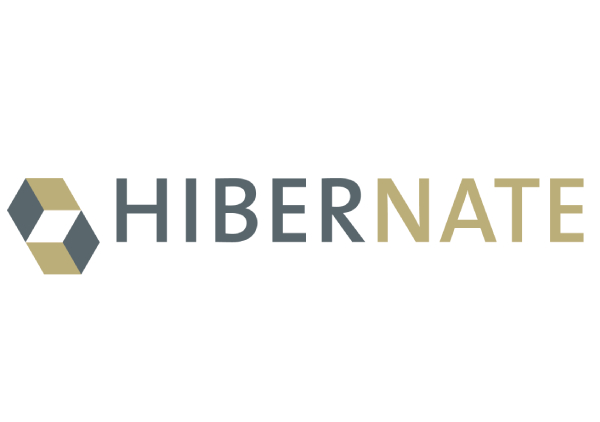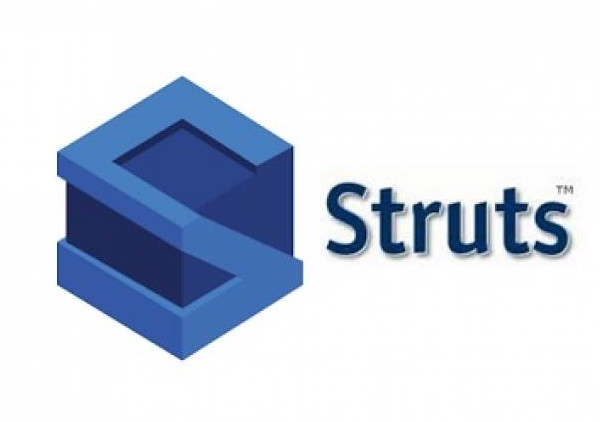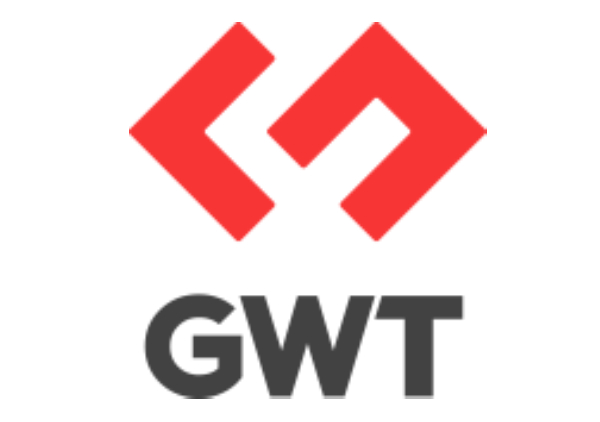Services
Overview
At 3SD Solutions, we offer comprehensive Java framework services to help businesses build robust and scalable applications. Our team of experienced Java developers has extensive knowledge and expertise in working with a wide range of Java frameworks, including Spring, Hibernate, Struts, GWT, Play, and more.
Whether you need to develop a new application from scratch or upgrade your existing one, our Java framework services can help you achieve your business goals. We follow best practices and industry standards to ensure that your applications are secure, reliable, and maintainable.
Our Java framework services include application development, testing, integration, deployment, and maintenance. We also offer consulting services to help you choose the right framework based on your specific requirements and budget.
Our Java services include:
Custom application development
Enterprise application integration
Web application development
Mobile application development
Java migration and modernization
Java performance tuning and optimization
Java application support and maintenance
At 3SD Solutions, we are committed to delivering high-quality solutions that meet your business needs. Contact us today to learn more about our Java framework services and how we can help you build better applications.
Java Spring
Spring Framework is a powerful lightweight application development framework used for Enterprise Java (JEE). The core features of the Spring Framework can be used in developing any Java application. It is described as a complete modular framework. This framework can be used for all layer implementations of a real-time application. It can also be used for the development of a particular layer of a real-time application unlike the other frameworks, but with Spring we can develop all layers. Spring and all the modules including Spring MVC, Spring Core, Spring Security, Spring ORM, etc are used in enterprise applications.

Uses:
-Web application development
-Its features can be used to create any Java application
-Its also used in Enterprise Java (JEE)
Advantages:
-It provides a lightweight container that can be triggered without using a web server or application server software
-Spring supports JDBC that improves productivity and reduces the error
-It targets to make J2EE development easier to use
-Spring supports both XML and annotation based configuration
-It provides backward compatibility and testability of the code
Now, talking about the major companies that use Spring framework for application development, we have,
-Netflix using Spring boot
-Yatra uses Spring MVC
-Amazon
-eBay
Java Hibernate
Hibernate ORM is a stable object-relational mapping framework for Java. It makes better communication possible between the Java programming language and relational database management systems (RDBMS).
When you work with an object-oriented language like Java, you’ll encounter a problem called Object-Relational Impedance Mismatch also called Paradigm Mismatch. This is because OO languages and RDBMSs handle the data differently, which can lead to severe mismatch problems. So, this Hibernate provides you with a framework that overcomes the mismatch problems of Java.

Uses:
-It allows you to develop persistent classes following the object-oriented idiom
-It allows you to communicate with any database using very tiny alterations in the code, bridging the gap between objects and relational words
-It is an advanced ORM framework that lets you perform the database operation on Java entities
Advantages:
-Portability, productivity, maintainability
-Free and open source framework
-It removes a lot of repetitive code from the JDBC API
Now, talking about the major companies that use Hibernate framework for application development, we have,
-Oracle
-IBM
-DELL
-Accenture
Java Struts
This is another enterprise-level framework, maintained by the Apache Software Foundation (ASF). This fully-featured Java web application framework that allows the developers to create an easy-to-maintain Java application. There are two versions. Struts 1 and Struts 2. Struts 2 is the combination of webwork framework of OpenSymphony and Struts 1. But all the companies prefer using Struts 2 because it is the upgraded version of Apache Struts.

Uses:
-The Struts 2 framework is used to develop an MVC-based web application
-It uses and extends the Java Servlet API to help developers to adopt MVC architecture
Advantages:
-This framework documentation is written for active web developers and assumes a working knowledge about how Java web applications are built
-Reduces the development time and makes the manageability of the application easier
-It offers Centralized Configuration i.e., rather than coding information into Java programs, many Struts values are represented in XML or property files.
-You can integrate Struts with other Java frameworks to perform tasks that are not built on the platform
Now, talking about the major companies that use Struts framework for application development, we have,
-Infosys
-Accenture
-NexGen Technologies
Java GWT
Google Web Toolkit (GWT) is a completely free, open-source framework that helps the developers to write client-side Java code and establish it as JavaScript. A lot of Google products are written using GWT such as AdSense, Google Wallet, and Blogger. Using GWT, developers can easily code complex browser applications rapidly. It also allows you to develop and debug Ajax applications in Java. The awesome thing about GWT is that you can write complex browser-based applications without being an expert in front-end technologies like JavaScript optimization or responsive design.

Uses:
-Developer-friendly
-Use of Google APIs
-Helps in creating and maintaining complex JavaScript front-end applications
Advantages:
-It supports reusability for common web development tasks
-Google APIs can be used in GWT applications
-Offers internationalization, cross-browser portability, UI abstraction, bookmarking, and history management
Java Play
This is a reactive web and mobile framework for highly scalable Java applications. Play makes it possible to develop lightweight and web-friendly Java and Scala applications for desktop and mobile interfaces. It is often compared with powerful frameworks of other languages, like Ruby on Rails for Ruby, or Django for Python.
Play is a unique Java framework as it doesn’t rely on the Java EE standards. Instead, it intends to remove all the inconveniences of traditional Java web development like slow development cycles, a lot of configuration and many more. Built upon Akka Toolkit, Play framework truncates the creation of concurrent and distributed applications on the Java Virtual Machine.

Uses:
-Web applications that demand content creation
-Builds Java and Scala applications
Advantages:
-Course Curriculum
-Java Certification Training Course
-Weekday / Weekend Batches
-Offers features like hot code reloading, convention over configuration, and error messages in the browser
-It supports non-blocking I/O which is crucial for high-performance applications
-More flexible and failure-tolerant results